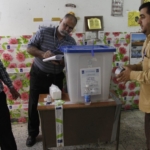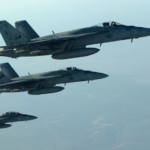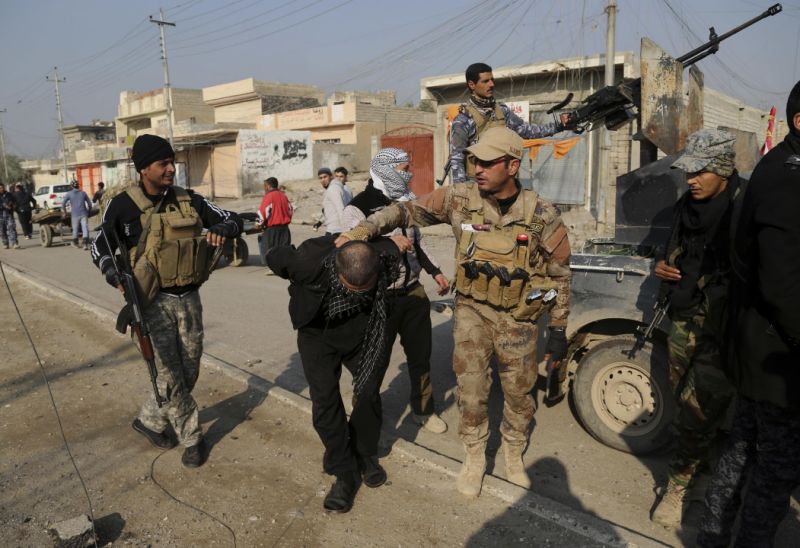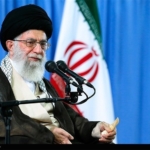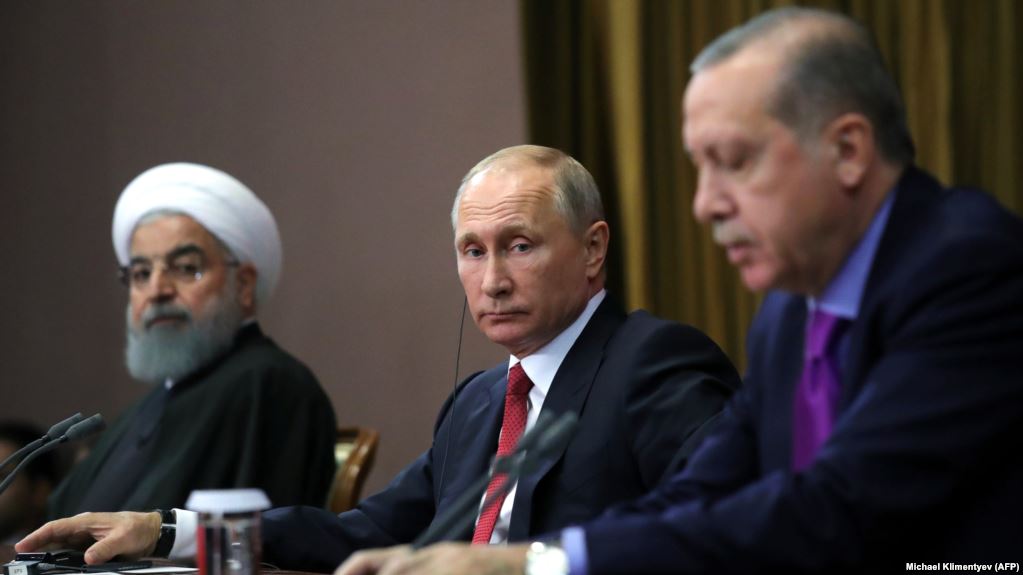Iraqi foreign minister looks to boost ties in Ankara

During a meeting with Iraqi Foreign Minister Ibrahim al-Jaafari, Turkish Minister of Customs and Trade Bulent Tufenkegi expressed on Saturday (May 5) expressed his country’s desire to expand the Ibrahim al-Khalil crossing with Iraq and to open an additional gate in Feshkhabur in northwestern Iraq. “The unity, stability, and well-being of Iraq are the stability of Turkey. Iraq is a strong economic partner of Turkey and Turkish companies account for a large percentage of foreign companies in its southern neighbor,” he said. “Turkey is hosting a forum for the reconstruction of Iraq and providing investment support. [We are also convening] meetings of the Federation of Iraqi Chambers of Commerce and the Turkish Foreign Trade Relations Commission and meetings between Iraqi banks and Turkish banks, to increase the volume of cooperation,” he said.
Baghdad took control of the Ibrahim Khalil and Feshkhabur border crossings with Turkey following law enforcement and security operations carried out in the disputed areas with the Kurdistan region in October. The 18th session of the Iraqi-Turkish Joint Committee for Economic and Technical Cooperation was held in Ankara on Saturday, during which the minutes of the meetings were signed, including the activation of the comprehensive economic partnership agreements signed in 2009, the promotion and protection of mutual investments. Additionally, they discussed the issues of water, energy, industry, agriculture, health, environment, culture, tourism, education, science, and technology, “according to Jaafari.


